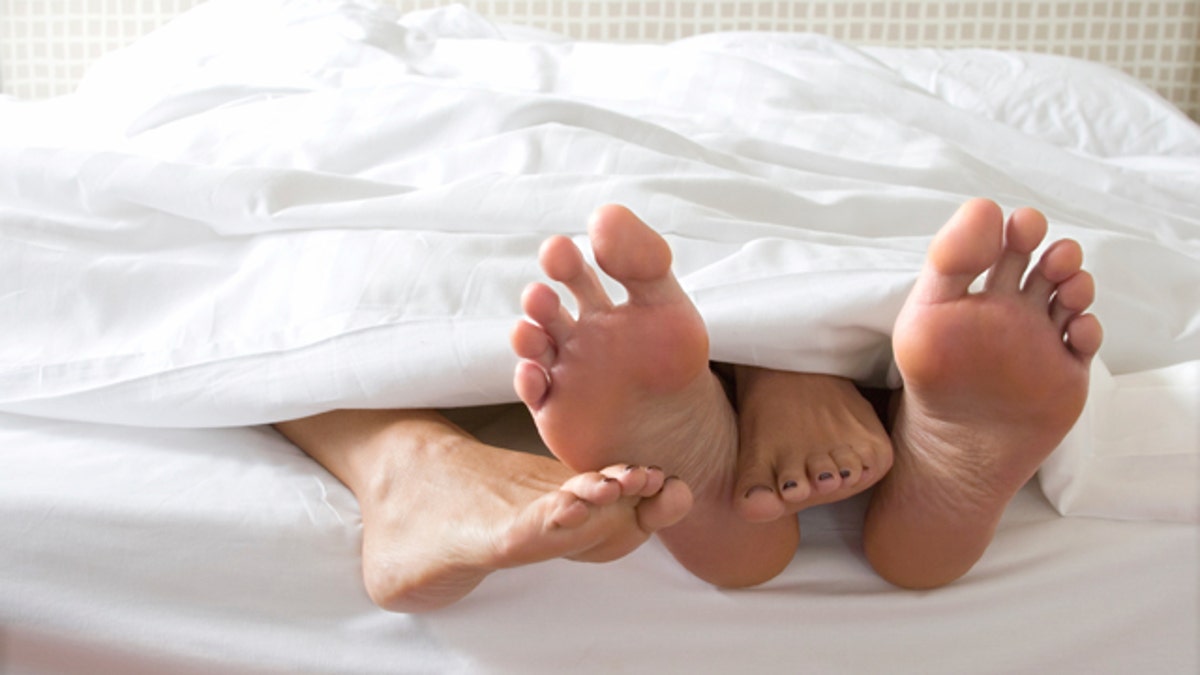
(iStock)
Is sex good for your health—or is that just a fantasy?
A flurry of small studies suggest that sex is as good for your health as vitamin D and broccoli. It not only relieves stress, improves sleep and burns calories, it can also reduce pain, ease depression, strengthen blood vessels, boost the immune system and lower the risk of prostate and breast cancer.
But many of those studies rely on people to remember and report their sexual activity honestly and many can't distinguish between cause and effect. That is, does sex make people healthier or do healthier people have more sex?
More research is needed to evaluate all these claims. "If I told you we have randomized double-blind placebo-controlled multi-center trials on these questions, there is no such a thing," says Irwin Goldstein, a urologist and editor in chief of the Journal of Sexual Medicine. The biggest obstacle is lack of funding, he says. "If 'sex' is in your grant proposal, it's very hard to get it approved."
Still, a look at what researchers do know about the physiology of sex shows that at least a few health benefits may come along with that roll in the hay.
Some benefits of sex—beyond producing a baby, that is—are obvious even without scientific evidence. "When you have good sex, there's a relaxation response and a satiation response…you lie there and life is great," says Dr. Goldstein, who is also the director of sexual medicine at Alvarado Hospital in San Diego, Calif.
Much of that is due to chemistry—the rush of hormones and neurotransmitters that rise and fall during sexual activity. Arousal boosts dopamine, which activates the brain's centers of craving and reward "just like chocolate and winning at gambling," says Erick Janssen, a senior scientist at the Kinsey Institute at Indiana University.
Sex also increases oxytocin, known as the "cuddle hormone," which promotes bonding, reduces fear and stimulates endorphins, the body's natural painkillers, which is why sex can bring temporary relief from back pain, migraines and other body aches.
